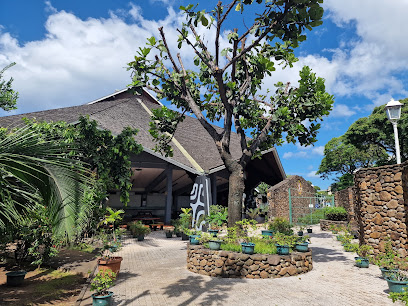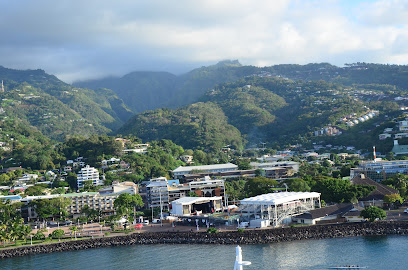
Papeete: The Vibrant Heart of Tahiti
Welcome to Papeete, the bustling capital of Tahiti nestled in the lush landscapes of French Polynesia. This vibrant neighborhood serves as the perfect gateway to the island's natural wonders, rich culture, and warm hospitality. Papeete is where traditional island life meets modern amenities, offering a unique blend of experiences that cater to both the adventurous and the leisurely traveler. Stroll through the lively Papeete Market, a vibrant hub where you can find everything from fresh tropical fruits to handcrafted Polynesian artifacts. The market is a sensory feast, with the aroma of exotic spices blending with the colorful displays of local produce and crafts. It's the ideal spot to pick up a souvenir or sample some local delicacies. For those interested in history and culture, Papeete is home to several fascinating museums and historical sites. The Robert Wan Pearl Museum showcases the island's renowned black pearls, while the Musée de Tahiti et des Îles offers insights into Polynesian history and culture. A walk along the waterfront promenade, Le Paofai Park, provides stunning views of the harbor and is a perfect place to relax and absorb the local atmosphere. Papeete's nightlife is equally captivating, with numerous bars, restaurants, and live music venues offering a taste of the island's vibrant entertainment scene. Don't miss out on the traditional Polynesian dance performances, which provide a mesmerizing glimpse into the island's rich cultural heritage.
Local tips in Papeete
- Visit the Papeete Market early in the morning to experience the freshest produce and avoid the crowds.
- Wear comfortable walking shoes as the main attractions are best explored on foot.
- Carry some local currency (CFP Franc) as not all vendors accept credit cards.
- Evenings can get busy, so make reservations for popular restaurants to ensure a table.
- Check the local schedule for traditional dance performances to experience Polynesian culture.
Papeete: The Vibrant Heart of Tahiti
Welcome to Papeete, the bustling capital of Tahiti nestled in the lush landscapes of French Polynesia. This vibrant neighborhood serves as the perfect gateway to the island's natural wonders, rich culture, and warm hospitality. Papeete is where traditional island life meets modern amenities, offering a unique blend of experiences that cater to both the adventurous and the leisurely traveler. Stroll through the lively Papeete Market, a vibrant hub where you can find everything from fresh tropical fruits to handcrafted Polynesian artifacts. The market is a sensory feast, with the aroma of exotic spices blending with the colorful displays of local produce and crafts. It's the ideal spot to pick up a souvenir or sample some local delicacies. For those interested in history and culture, Papeete is home to several fascinating museums and historical sites. The Robert Wan Pearl Museum showcases the island's renowned black pearls, while the Musée de Tahiti et des Îles offers insights into Polynesian history and culture. A walk along the waterfront promenade, Le Paofai Park, provides stunning views of the harbor and is a perfect place to relax and absorb the local atmosphere. Papeete's nightlife is equally captivating, with numerous bars, restaurants, and live music venues offering a taste of the island's vibrant entertainment scene. Don't miss out on the traditional Polynesian dance performances, which provide a mesmerizing glimpse into the island's rich cultural heritage.
Iconic landmarks you can’t miss
Place Vai'ete
Experience the serene beauty and vibrant culture of French Polynesia at Place Vai'ete, a stunning park in Papeete perfect for relaxation and exploration.
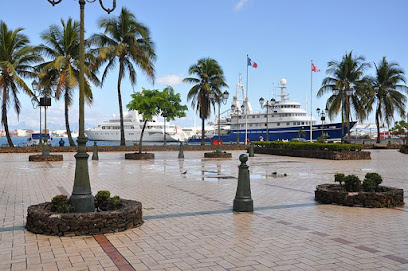
Pā'ōfa'i Gardens
Discover the lush tranquility of Pā'āfa'i Gardens, a cultural gem in Papeete offering stunning landscapes and rich heritage.
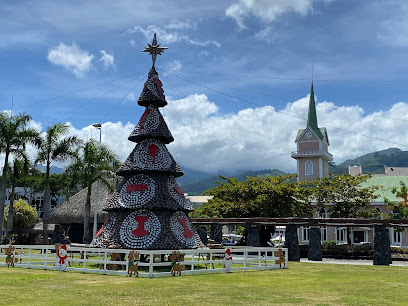
Musée de la Perle Robert Wan
Explore the enchanting world of Tahitian pearls at Musée de la Perle Robert Wan, a unique museum and jewelry store in the heart of Papeete, French Polynesia.
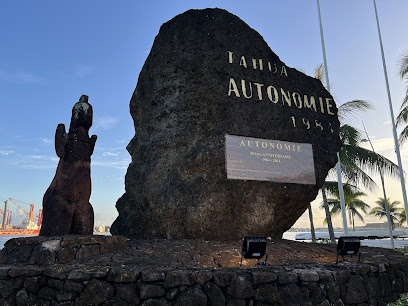
Papeete Catholic Cathedral
Discover the architectural beauty and spiritual serenity of Papeete Catholic Cathedral, a must-visit landmark in French Polynesia's vibrant capital.
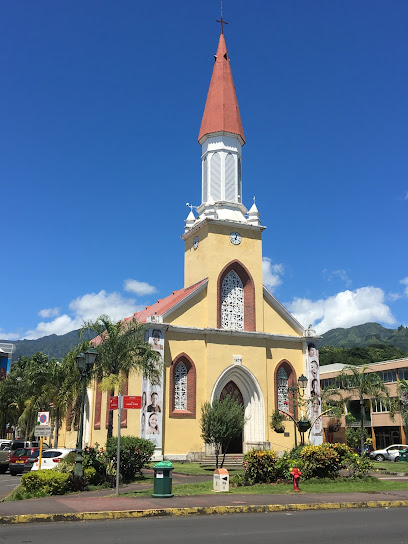
Unique Tahiti
Discover the enchanting beauty of Tahiti with Unique Tahiti's personalized tours and experiences, showcasing the island's rich culture and stunning landscapes.
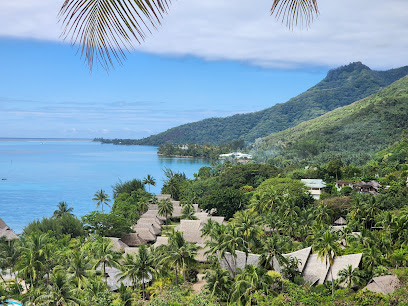
Bougainville Park
Experience the lush beauty of Bougainville Park in Papeete, a tranquil oasis perfect for relaxation and cultural exploration amid your travels in Tahiti.
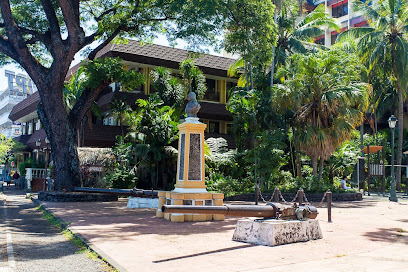
Place To'ata
Discover the heart of Polynesian culture at Place To'ata, Papeete's premier live music venue, where vibrant performances and local rhythms come alive.
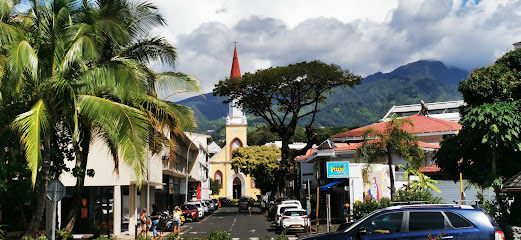
MANUA Exquisite Tahitian Art
Experience the rich tapestry of Tahitian culture through exquisite art at MANUA Exquisite Tahitian Art in Papeete.
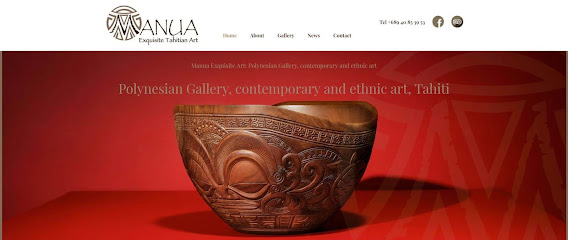
Monument aux Morts pour la France
Discover the poignant Monument aux Morts pour la France in Papeete, a tribute to bravery and sacrifice, blending history with the beauty of Tahiti.
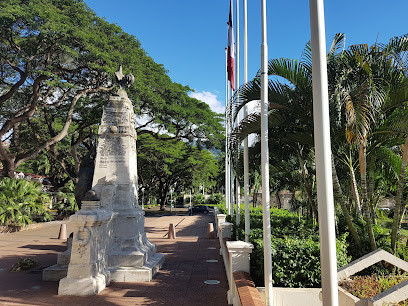
La Digue
Discover the unparalleled scenic beauty of La Digue, a tropical paradise in French Polynesia, perfect for relaxation and adventure amidst nature.
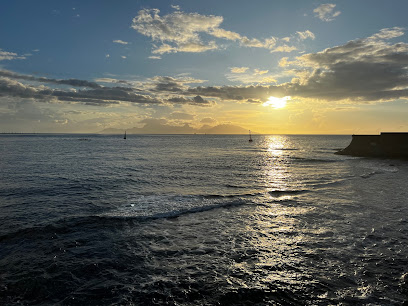
Unmissable attractions to see
Essential places to dine
Le Retro
Discover Le Retro in Papeete: where French cuisine meets Polynesian flavors in a cozy brasserie setting.
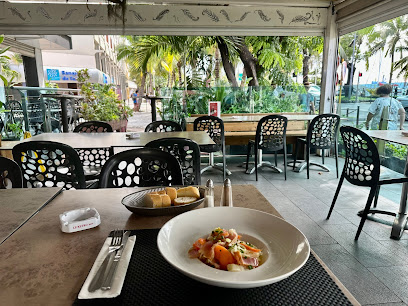
Restaurant Le Moana
Savor the exquisite flavors of Polynesian cuisine amidst stunning views at Restaurant Le Moana in Papeete.
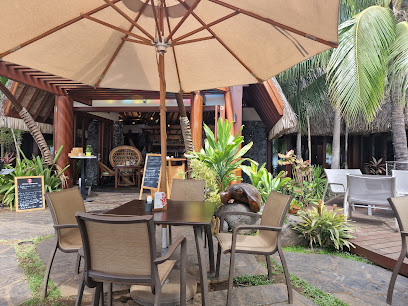
L'O A La Bouche
Experience exquisite dining at L'O A La Bouche in Papeete - where French Polynesian flavors meet culinary excellence.
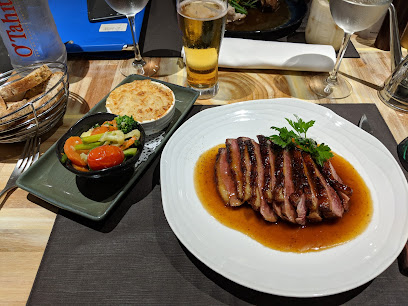
Le RAINA
Discover authentic Polynesian flavors at Le RAINA in Papeete - a culinary treasure where island traditions meet modern cuisine.
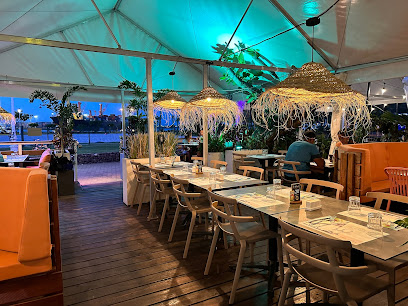
Meherio Tahitian Bistro
Discover authentic Tahitian flavors at Meherio Tahitian Bistro in Papeete - where every dish tells a story of island heritage.
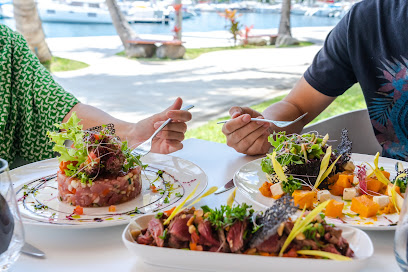
Kozy restaurant
Experience the vibrant flavors of Tahiti at Kozy Restaurant in Papeete – a culinary delight awaits you.
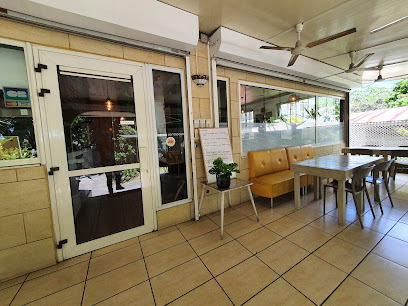
L'Agora
Experience exquisite modern French cuisine at L'Agora in Papeete - a culinary delight blending local flavors with classic techniques.
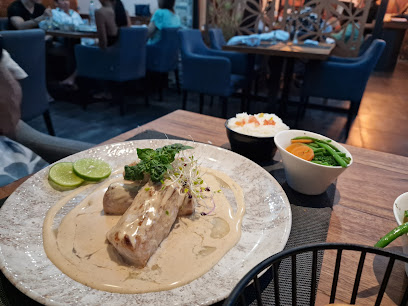
Le Velvet
Discover culinary delight at Le Velvet in Papeete - where French elegance meets Tahitian charm in every exquisite dish.
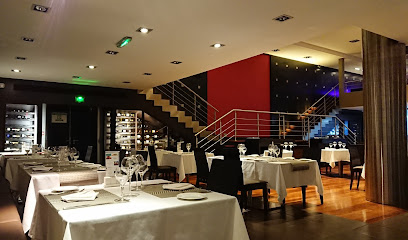
L'auberg'in
Discover authentic Polynesian flavors at L'auberg'in in Papeete - a delightful dining experience awaits you.
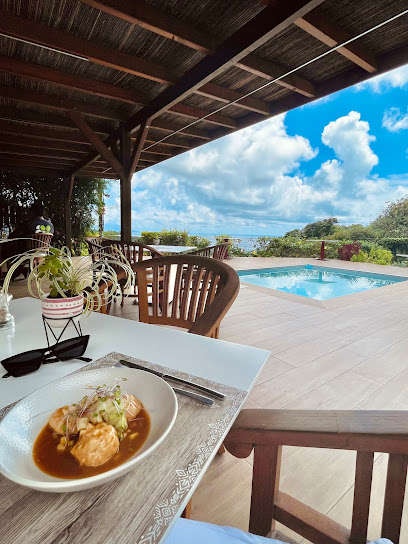
Villa Conti - Tahiti
Discover authentic Italian cuisine at Villa Conti in Papeete, Tahiti – where flavors meet paradise.
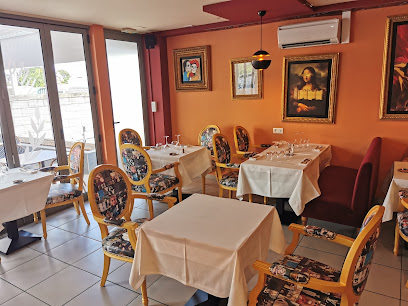
Markets, malls and hidden boutiques
Vaima Shopping Center
Discover the heart of Papeete at the vibrant Vaima Shopping Center, where shopping, dining, and entertainment come together in a tropical paradise.
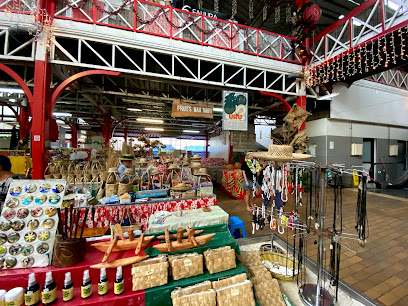
Aloha
Discover the vibrant essence of Polynesian culture at Aloha Boutique in Papeete, where every piece reflects the beauty of the islands.
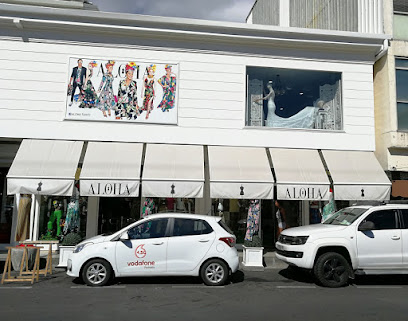
Boutique Import H&V
Explore the best of Polynesian fashion at Boutique Import H&V in Papeete, where unique styles and warm service await.
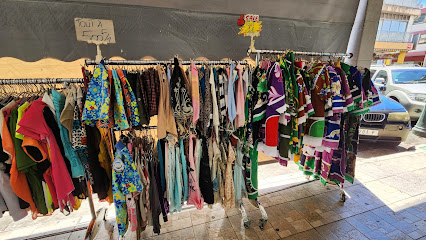
BOUTIQUE TARAVANA TAHITI
Discover the essence of Tahitian style at Boutique Taravana, where local craftsmanship meets contemporary fashion in the heart of Papeete.

BATIK TAHITI
Explore Batik Tahiti for unique clothing and home decor that embodies the vibrant spirit of Polynesian culture in the heart of Papeete.
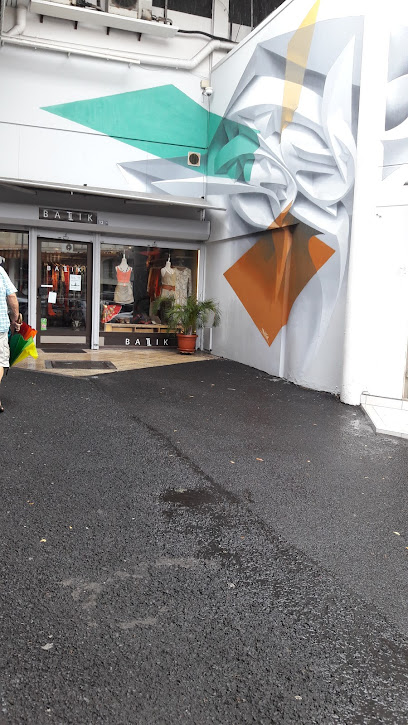
Fenua Shopping Mamao
Explore Fenua Shopping Mamao in Papeete for unique gifts and authentic Polynesian souvenirs that capture the essence of your travels.
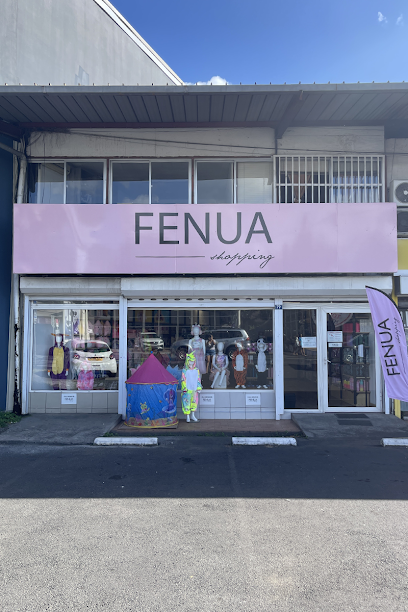
Happy Tahiti
Explore Happy Tahiti, your go-to gift basket store in Papeete for unique souvenirs and local delicacies that capture the essence of the islands.
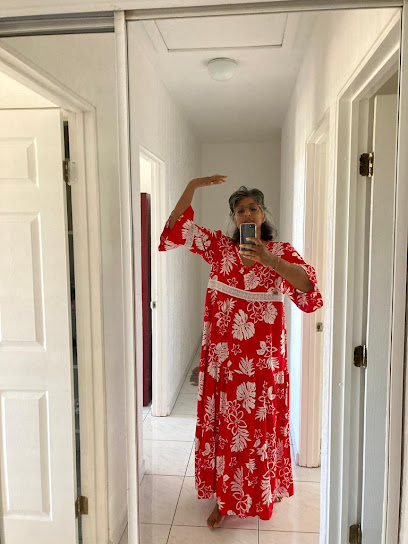
Alana Kids Boutique
Discover unique children's gifts and stylish apparel at Alana Kids Boutique in Papeete, a perfect shopping destination for families.

Fenua Shopping Vaima
Explore the rich cultural heritage of Tahiti at Fenua Shopping Vaima, your destination for unique Polynesian gifts and souvenirs.
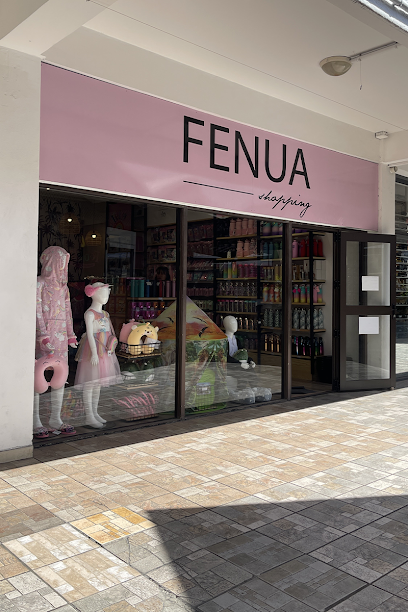
Fenua Shopping
Discover the essence of French Polynesia at Fenua Shopping, where authentic gifts and local delicacies await every traveler.
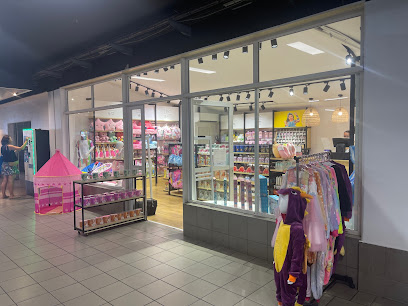
Essential bars & hidden hideouts
Bora Bora lounge
Discover Bora Bora Lounge in Papeete, French Polynesia - your ultimate destination for tropical drinks, local culture, and vibrant nightlife.
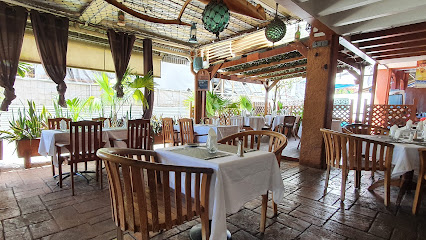
L'ivresse Tahiti
Discover the exquisite world of wines at L'ivresse Tahiti, a gem in the heart of Papeete, perfect for all wine enthusiasts and casual drinkers alike.
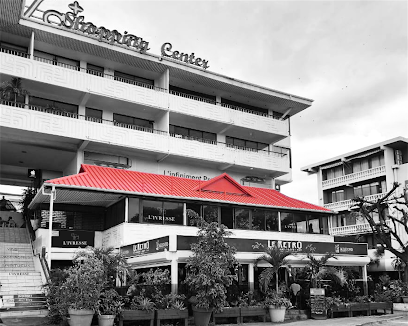
L'After
Discover L'After in Papeete, where exquisite cocktails and vibrant atmosphere meet Polynesian charm for an unforgettable night out.
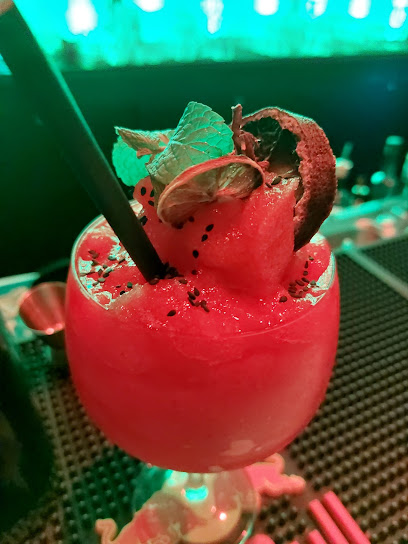
Be You
Experience the vibrant nightlife of Tahiti at Be You, where local flavors and friendly vibes create unforgettable moments.
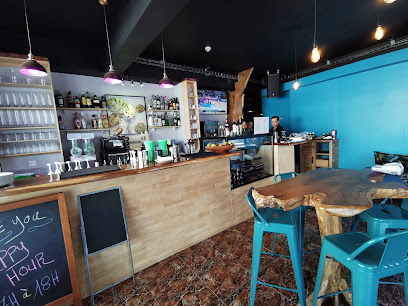
Lux Tahiti
Discover Lux Tahiti, a vibrant bar in Papeete where tropical cocktails and a lively atmosphere create unforgettable memories.
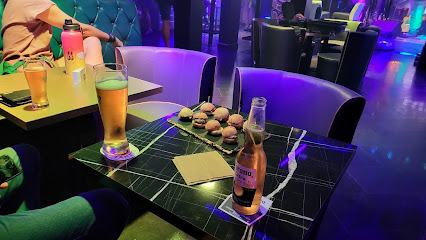
Le Sugar
Experience the vibrant nightlife at Le Sugar, a must-visit bar in Papeete, French Polynesia, where island culture meets modern flair.
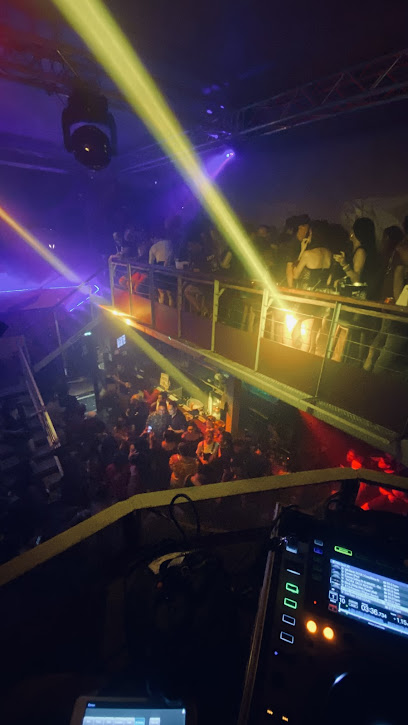
Le Perchoir Tahiti
Discover the vibrant nightlife and breathtaking views at Le Perchoir Tahiti, a must-visit lounge in the heart of Papeete, French Polynesia.
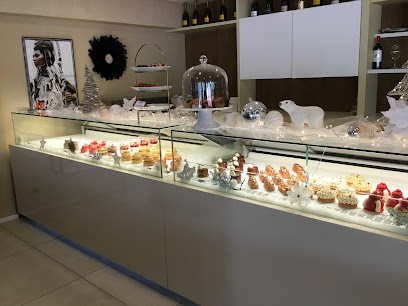
Heiva Lounge Bar
Experience the vibrant ambiance of Heiva Lounge Bar in Papeete, where exotic cocktails and stunning views come together in tropical elegance.
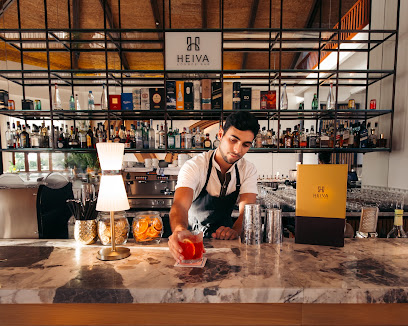
Zizou Bar
Discover the vibrant nightlife at Zizou Bar in Papeete, where refreshing drinks and local entertainment await every visitor.
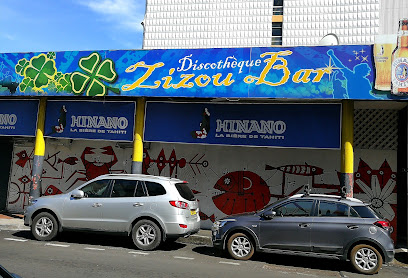
VISU Pub Tahiti
Discover the vibrant atmosphere and local culture at VISU Pub Tahiti, where friendly faces and refreshing drinks await in the heart of Papeete.

Local Phrases
-
- HelloBonjour
[Bon-zhoor] - GoodbyeAu revoir
[O re-vwar] - YesOui
[Wee] - NoNon
[Non] - Please/You're welcomeS'il vous plaît/De rien
[Seel voo pleh/Dee ree-en] - Thank youMerci
[Mehr-see] - Excuse me/SorryExcusez-moi/Désolé
[Ex-koo-zay mwah/Day-zo-lay] - How are you?Comment ça va?
[Koh-mohn sah vah?] - Fine. And you?Bien. Et vous?
[Byen. Ay voo?] - Do you speak English?Parlez-vous anglais?
[Par-lay voo ahn-glay?] - I don't understandJe ne comprends pas
[Zhuh nuh kohm-prahnd pah]
- HelloBonjour
-
- I'd like to see the menu, pleaseJe voudrais voir le menu, s'il vous plaît
[Zhuh voo-dray vwar luh meh-noo, seel voo pleh] - I don't eat meatJe ne mange pas de viande
[Zhuh nuh mahnj pah duh vyand] - Cheers!Santé!
[Sahn-tay] - I would like to pay, pleaseJe voudrais payer, s'il vous plaît
[Zhuh voo-dray pay-ay, seel voo pleh]
- I'd like to see the menu, pleaseJe voudrais voir le menu, s'il vous plaît
-
- Help!Au secours!
[O se-coor] - Go away!Allez-vous-en!
[Ah-lay vooz ahn] - Call the Police!Appelez la police!
[Ah-play lah pleece] - Call a doctor!Appelez un docteur!
[Ah-play ahn dok-tuhr] - I'm lostJe suis perdu
[Zhuh swee pair-doo] - I'm illJe suis malade
[Zhuh swee mah-lahd]
- Help!Au secours!
-
- I'd like to buy...Je voudrais acheter...
[Zhuh voo-dray zah-shay...] - I'm just lookingJe regarde juste
[Zhuh ruh-gard zhust] - How much is it?Combien ça coûte?
[Kohn-byen sah koot] - That's too expensiveC'est trop cher
[Say troh shair] - Can you lower the price?Pouvez-vous baisser le prix?
[Poo-vay voo bay-say luh pree]
- I'd like to buy...Je voudrais acheter...
-
- What time is it?Quelle heure est-il?
[Kell uhr ay-teel] - It's one o'clockIl est une heure
[Eel ay zun uhr] - Half past (10)Dix heures et demie
[Dees uhr ay duh-mee] - MorningMatin
[Mah-tan] - AfternoonAprès-midi
[Ah-pray mee-dee] - EveningSoir
[Swahr] - YesterdayHier
[Yehr] - TodayAujourd'hui
[O-zhoor-dwee] - TomorrowDemain
[Duh-mahn] - 1Un
[Uh] - 2Deux
[Duh] - 3Trois
[Trwah] - 4Quatre
[Kat] - 5Cinq
[Sank] - 6Six
[Sees] - 7Sept
[Set] - 8Huit
[Wheat] - 9Neuf
[Nuhf] - 10Dix
[Dees]
- What time is it?Quelle heure est-il?
-
- Where's a/the...?Où est le/la...?
[Oo ay luh/lah] - What's the address?Quelle est l'adresse?
[Kell ay l-ad-res] - Can you show me (on the map)?Pouvez-vous me montrer (sur la carte)?
[Poo-vay voo muh mohn-tray (soo la cart)] - When's the next (bus)?Quand est le prochain (bus)?
[Kahn ay luh proh-shahn (bus)] - A ticket (to ....)Un billet (pour ....)
[Un bee-yay (poor)]
- Where's a/the...?Où est le/la...?
History of Papeete
-
Papeete's history begins with the arrival of Polynesian settlers around the 9th century. These navigators established small communities, utilizing the abundant natural resources of Tahiti to sustain their way of life. The area that is now Papeete served as a vital hub for trade and cultural exchange among the islands.
-
The late 18th century marked a turning point for Papeete with the arrival of European explorers. Notably, Captain James Cook visited Tahiti in 1769, bringing attention to the islands. This initiated a wave of European interest that would profoundly influence the region's culture and economy.
-
In 1842, France established a protectorate over Tahiti, leading to significant changes in Papeete. The city began to develop as the administrative center of French Polynesia. This period saw the introduction of French culture, language, and religion, which melded with indigenous traditions, creating a unique cultural tapestry.
-
During the 19th century, Papeete became a strategic naval base for the French Navy. The construction of the harbor in the 1860s facilitated increased military and commercial activities, further solidifying Papeete's importance in the Pacific region. This military presence shaped the local economy and infrastructure.
-
The 20th century brought a cultural renaissance in Papeete, with a revival of traditional Polynesian arts, crafts, and practices. The post-World War II era also saw political changes, culminating in the establishment of French Polynesia as an overseas collectivity in 2004, with Papeete at its political and cultural heart.
Papeete Essentials
-
Papeete, the capital of French Polynesia, is accessible via Faa'a International Airport (PPT), located just 5 kilometers from the city center. Regular flights connect Papeete to various international destinations, including Los Angeles, Auckland, and Sydney. Once in Tahiti, you can take a taxi or shuttle service from the airport to Papeete. For those traveling from other areas in Tahiti, local buses and taxis are available to transport you to the city.
-
Papeete is a walkable city, and many attractions can be accessed on foot. Local buses (le truck) provide an affordable way to get around the city and to nearby neighborhoods. Taxis are also readily available, though they can be more expensive. For a unique experience, consider renting a bicycle to explore the waterfront and nearby parks. Car rentals are available for those looking to venture beyond the city center.
-
Papeete is generally safe for tourists. However, like any urban area, it's wise to exercise caution. Avoid walking alone at night in less populated areas, particularly around the harbor. While incidents of petty crime do occur, they are not common. It's advisable to keep your belongings secure and be aware of your surroundings, especially in crowded markets and bus stations.
-
In case of an emergency, dial 18 for fire services, 17 for police, or 15 for medical assistance. The main hospital, Centre Hospitalier de Tahiti, is located in Papeete and can handle most medical emergencies. It's advisable to have travel insurance that covers emergency medical situations. For minor health issues, local pharmacies can provide over-the-counter medications.
-
Fashion: Do wear lightweight, modest clothing suitable for the tropical climate. Don’t wear swimwear away from the beach or pool areas. Religion: Do respect local customs and traditions, especially in sacred sites. Always ask before taking photos of people or religious ceremonies. Public Transport: Do be polite and offer your seat to the elderly or pregnant women. Don’t eat or drink on public transport. Greetings: Do greet locals with a friendly 'Ia Orana' (Hello) and a smile. Don’t assume everyone speaks English; learning a few basic French phrases can be helpful. Eating & Drinking: Do try local dishes, especially poisson cru (raw fish salad). Don’t waste food; it’s considered disrespectful.
-
To experience Papeete like a local, visit the vibrant markets, such as the Marché de Papeete, where you can find fresh produce, handmade crafts, and local delicacies. Engage with vendors and try your hand at bargaining. Attend local cultural events and festivals, where you can enjoy traditional music and dance. Don’t miss the beautiful waterfront promenade, perfect for a leisurely stroll or picnic. For a taste of local nightlife, explore the cafes and bars along the waterfront, where you can mingle with locals.
Nearby Cities to Papeete
-
Things To Do in Tahiti
-
Things To Do in Moorea
-
Things To Do in Tetiaroa
-
Things To Do in Huahine
-
Things To Do in Raiatea
-
Things To Do in Bora Bora
-
Things To Do in Maupiti
-
Things To Do in Rangiroa
-
Things To Do in Matavera
-
Things To Do in Muri
-
Things To Do in Ngatangiia
-
Things To Do in Avarua
-
Things To Do in Takitumu
-
Things To Do in Avatiu
-
Things To Do in Nikao








